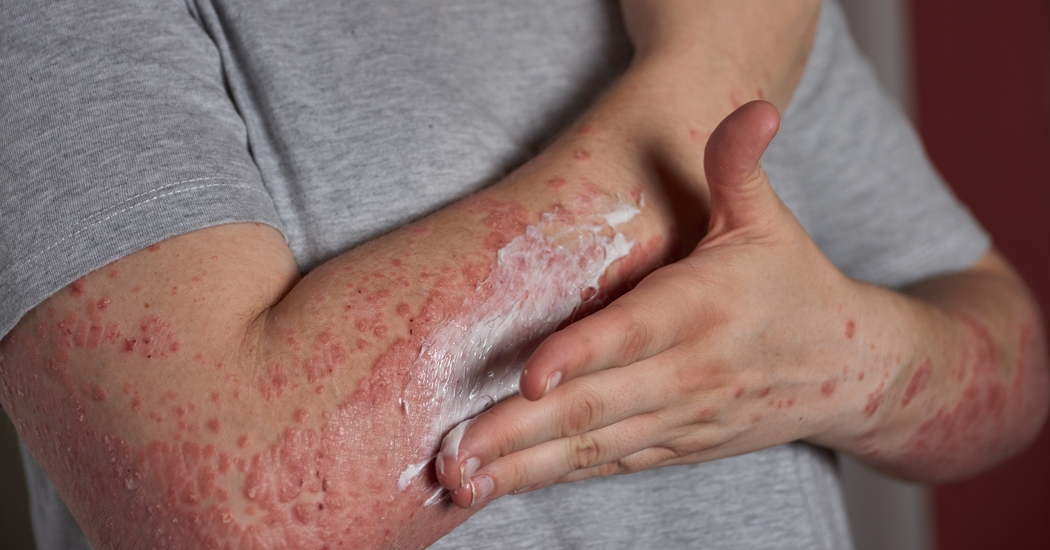
What is Shingles ?
Shingles, also known as herpes zoster, is a viral infection caused by the reactivation of the varicella-zoster virus (VZV), the same virus responsible for chickenpox. It leads to a painful rash, typically appearing on one side of the body, and is more common in older adults, especially those with weakened immune systems.